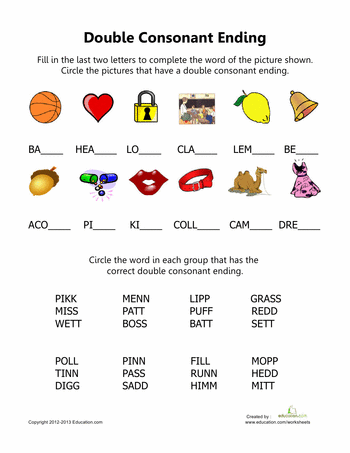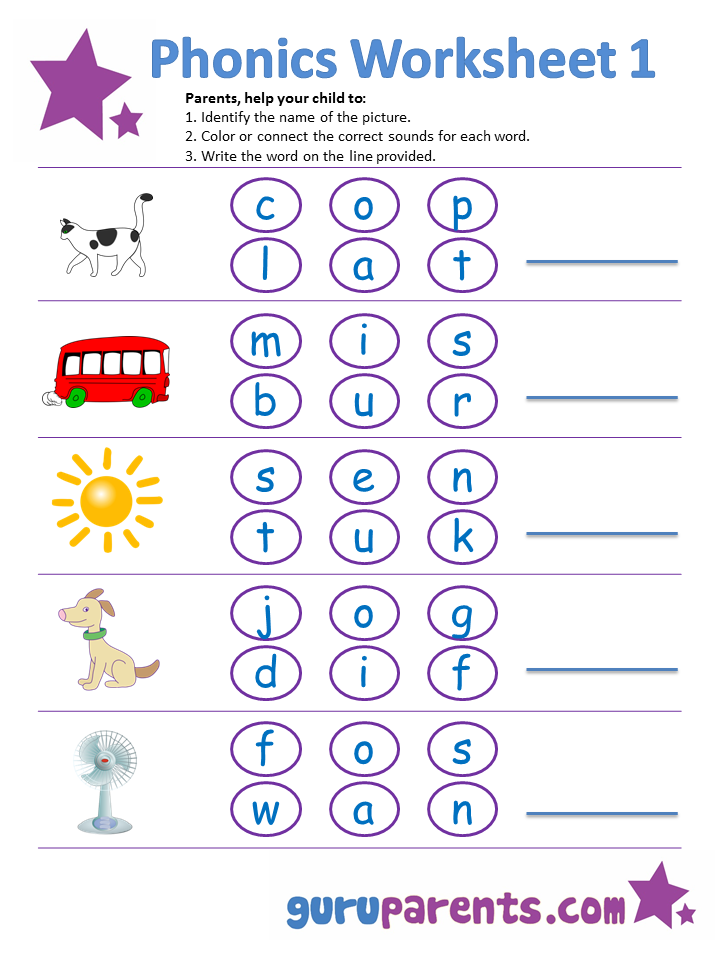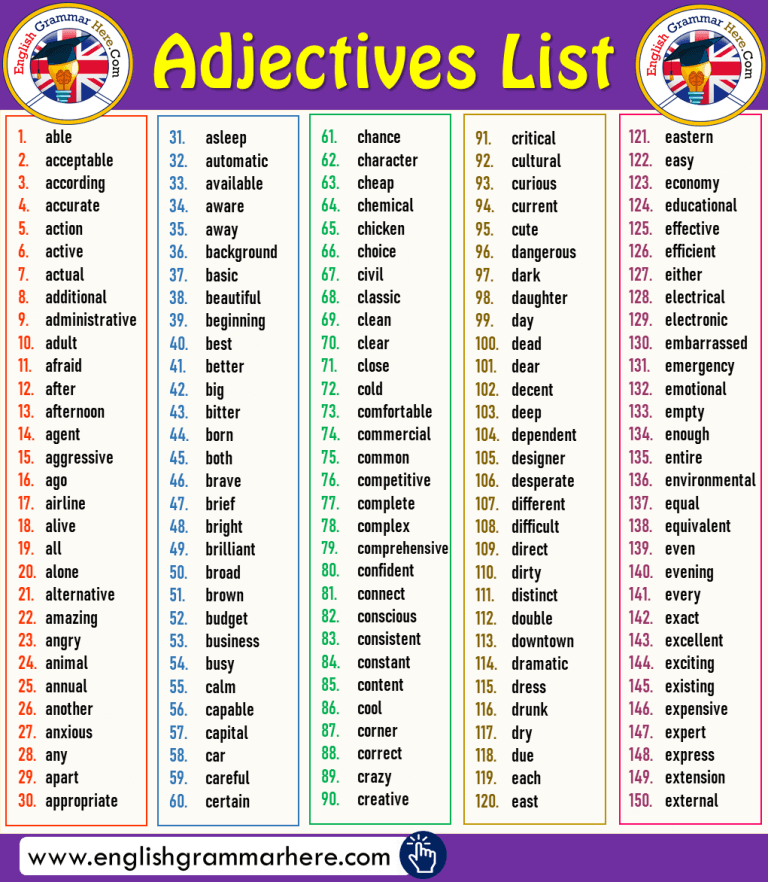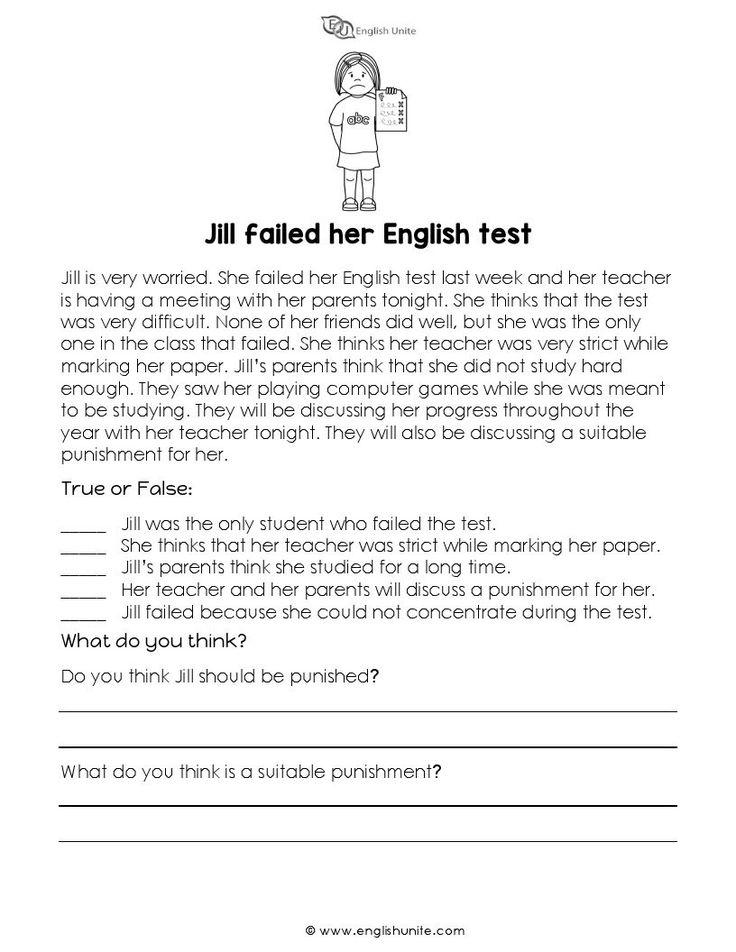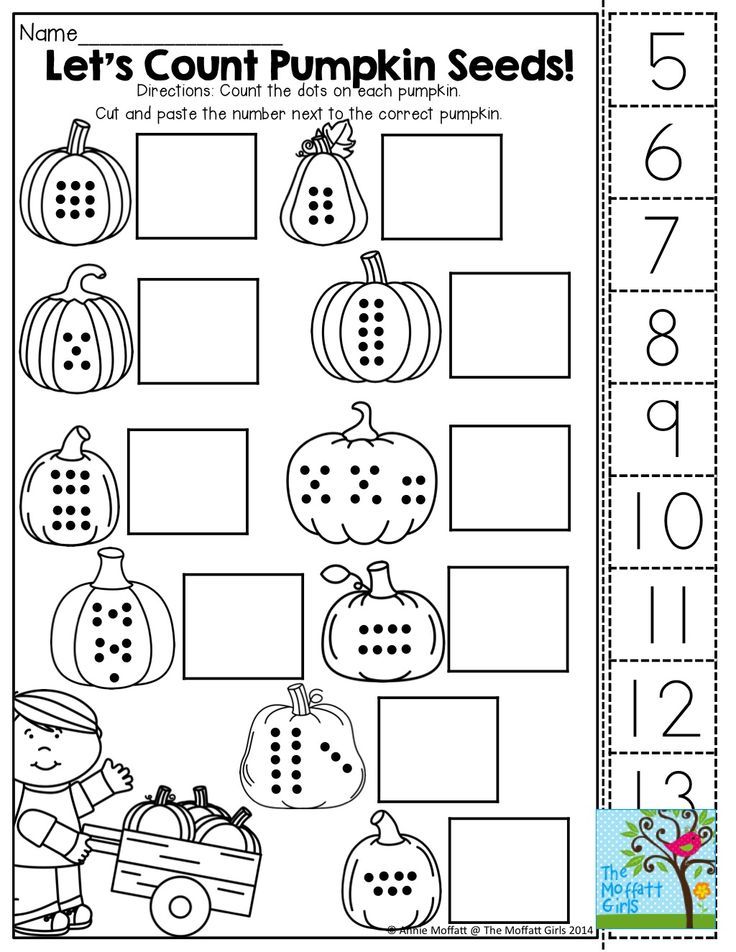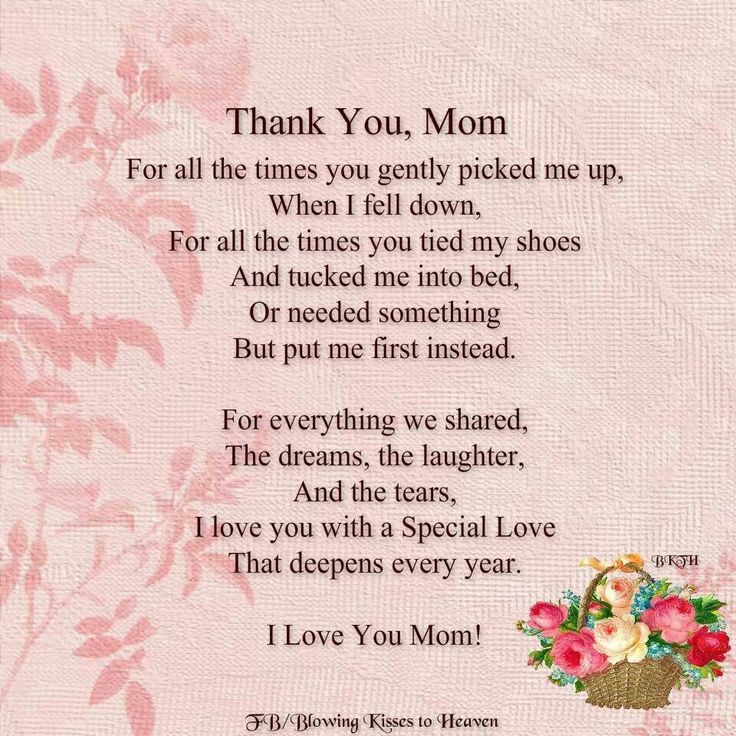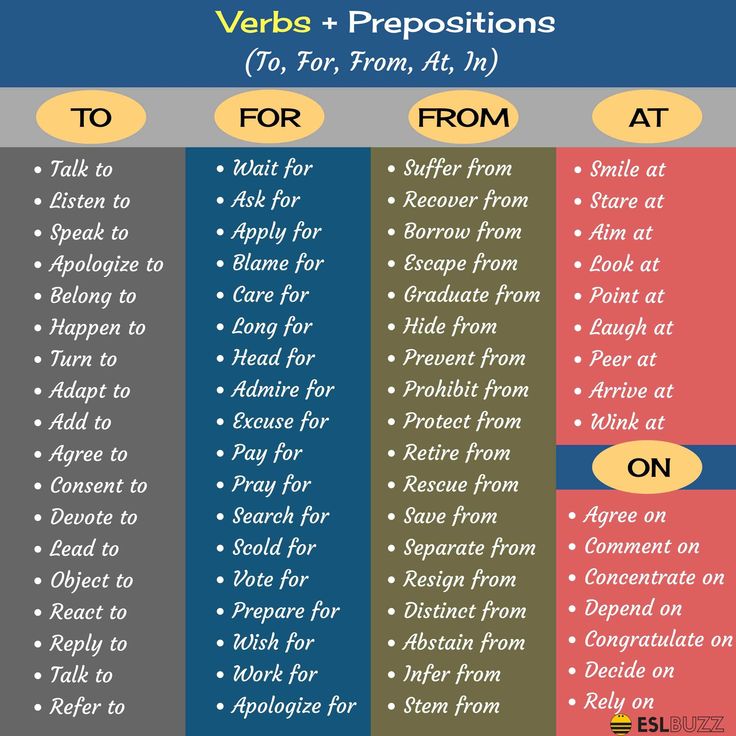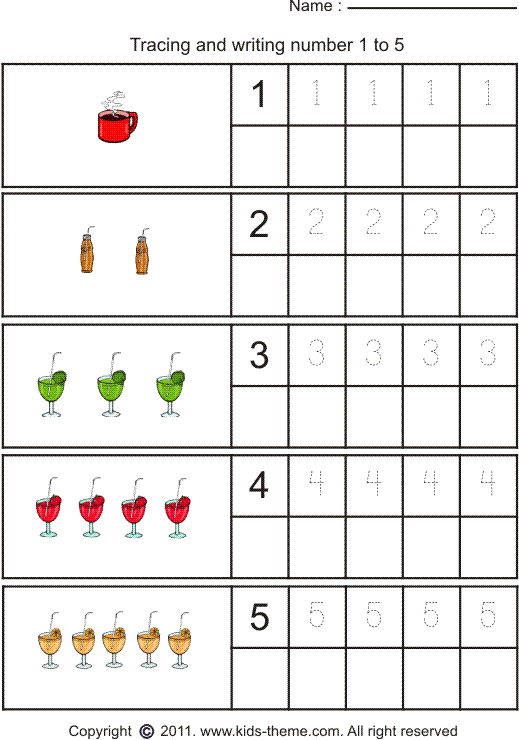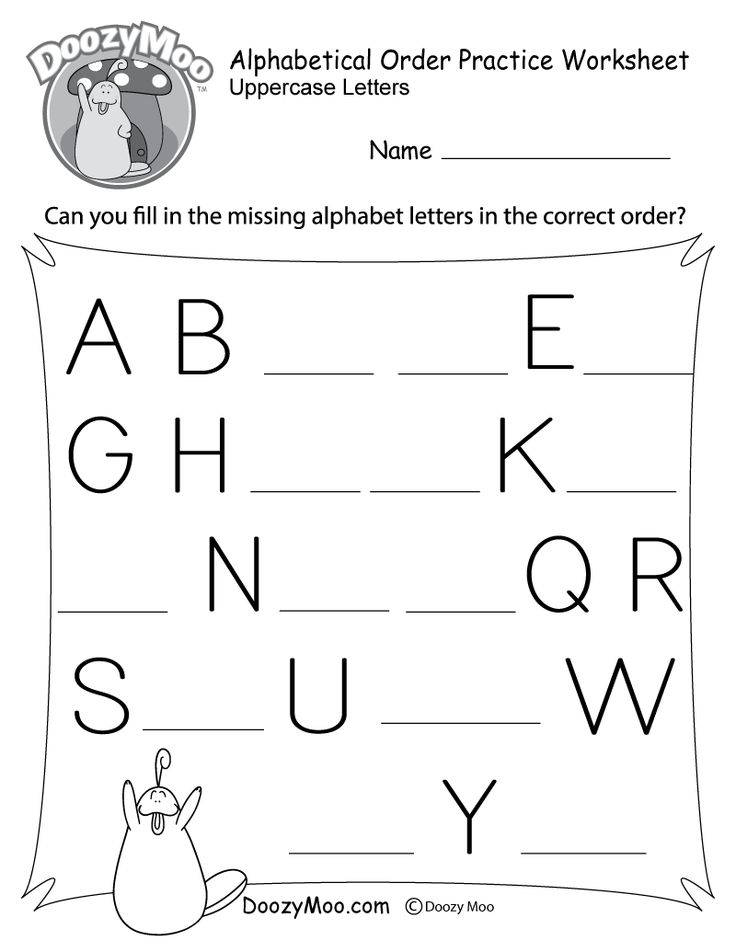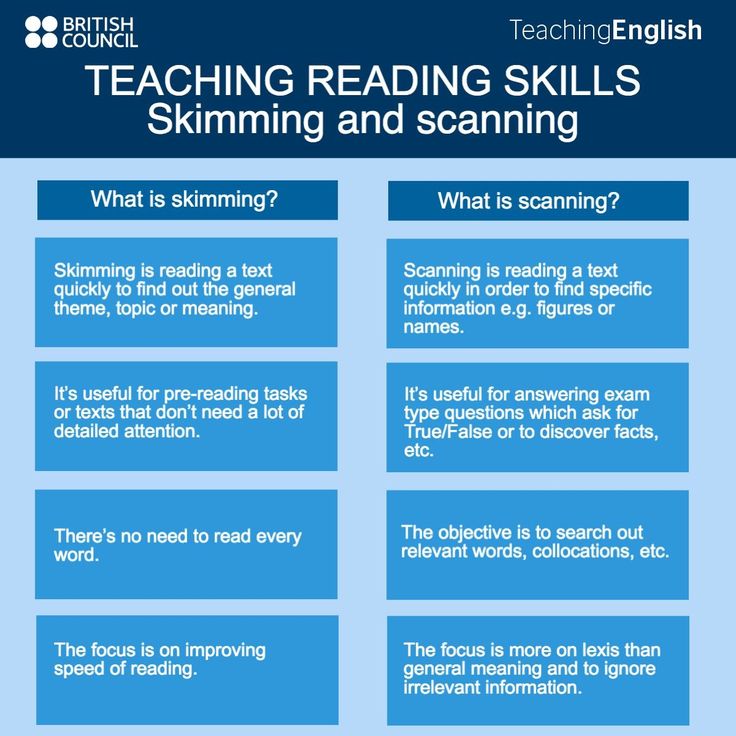Double the final consonant word list
Double Final Consonants - What They Are and How to Teach Them
So many teachers overlook teaching double final consonants because, as advanced readers, we find words with double final consonants easy to read.
While double final consonants may not be extremely tricky, like CVCe, they still need to be taught explicitly to our students.
(For more about teaching phonics explicitly and systematically, see this blog post about the right way to teach phonics.)
Double final consonants are an English phonics spelling rule that teaches us that usually, when a word has one syllable with one short vowel and ends in /s/, /l/, /f/, or /z/, the final consonant will be doubled.
This rule may be simple, but I think we need more of that in the English language, right? 🤪
Teaching the double final consonants spelling rule increases the reading and spelling vocabulary of students without having to teach them new sounds.
Talk about setting them up for success! YAY!
Here are some examples of words with double final consonants.
Notice that all of these words have one syllable, which means one vowel sound.
These words also end in the following sounds: /f/, /l/, /s/, /z/.
Examples
| ff | ll | ss | zz |
| off | hill | kiss | buzz |
| huff | well | mess | jazz |
When should I teach Double Final Consonants?
I recommend that you teach double final consonants after teaching letter sounds and digraphs, but before teaching blends.
Remember, this spelling rule doesn’t require any new sounds to be taught, but increases their ability to decode and encode (spell/write) new words.
🙌🏼
P.S. You can see and download my complete phonics scope and sequence here.
How do I teach Double Final Consonants?
There are many ways to teach double final consonants. However, we want to keep in mind that we should be as explicit as possible.
That means that we should teach our students with the same definition that I gave you above.
Double final consonants are an English phonics spelling rule that teaches us that usually, when a word has one syllable with one short vowel and ends in /s/, /l/, /f/, or /z/, the final consonant will be doubled.
Then, I personally like to share a fun way they can remember the rule.
I love the popular mnemonic: Sammy Loves Friendly Zebras
This poster can be found in the Phonics Rules Posters pack!Although we do not see words with double final consonants in that sentence, we remember that when a one syllable word with one vowel sound ends in s, l, f, or z, [Sammy L
oves Friendly Zebras] the final consonant is doubled.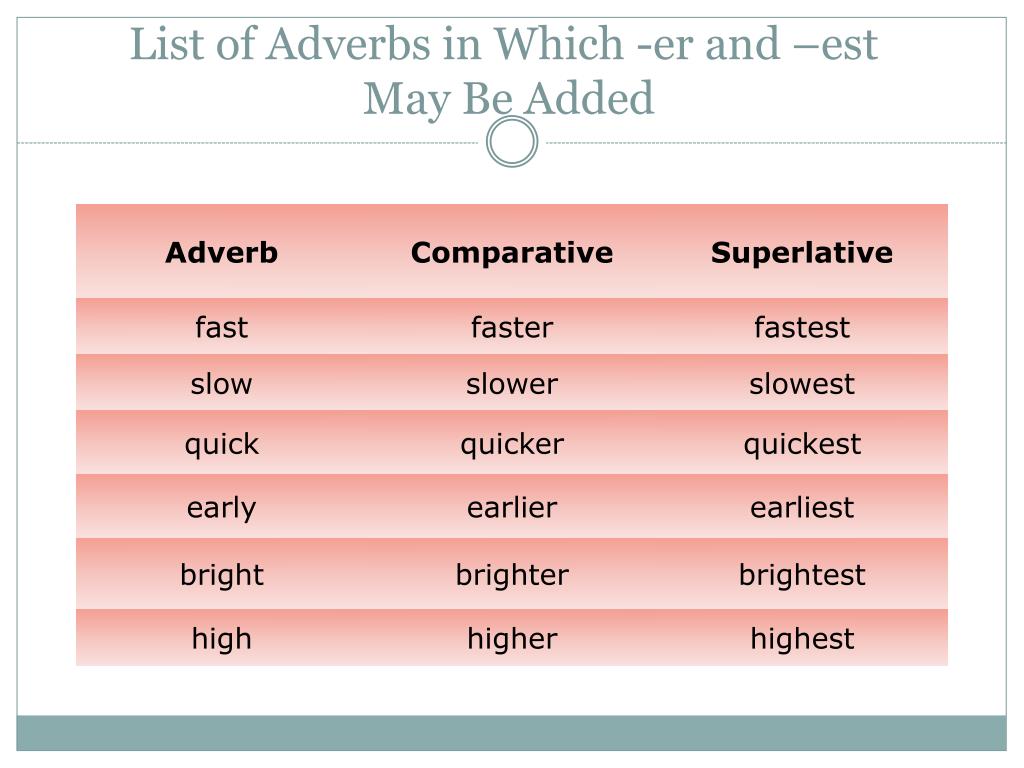
You can even have your students make their own illustration of Sammy Loves Friendly Zebras, and then write example words to go with it. My students LOVE doing this.
Free Videos for Teaching Double Final Consonants
You know that I love using videos to enhance phonics instruction and review! Here are some free videos you can use to supplement your double final consonants lesson.
The Floss Rule
Remember how I mentioned there are multiple ways to teach the double final consonants spelling rule?
Many teachers like to call it the “floss” rule.
I like this one, but it leaves out z. For this reason, I prefer to use Sammy Loves Friendly Zebras.
However, this floss rule video does a great job at explaining and showing the double final consonant spelling rule.
Alphablocks always engage young learners! In this video, they will practice reading and spelling words with double final consonants.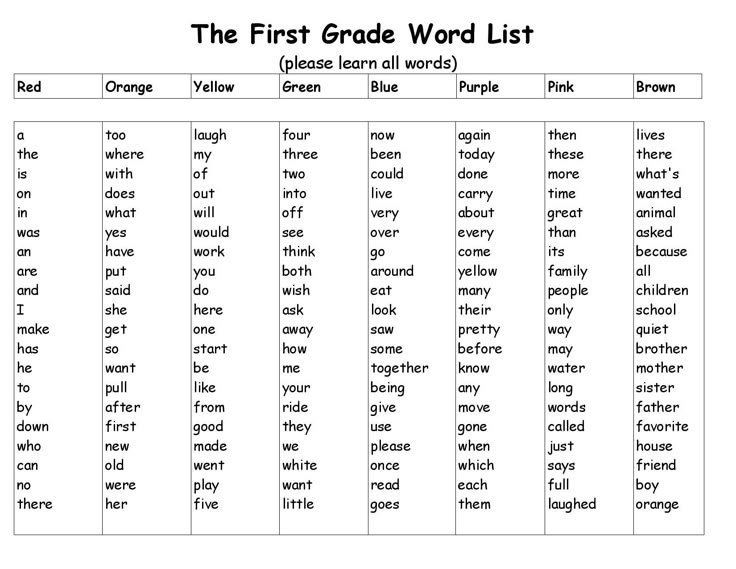
Resources for Teaching Double Final Consonants
Printable Resources
Are you looking for printable resources for teaching double final consonants?
Check out my free double final consonants word list below!
I have the Sammy Loves Friendly Zebras poster included in my Phonics Rules Posters set. It comes in both color and black and white.
Phonics Rules Posters
$3.00
These Phonics Rules Posters will serve as a visual tool to help your students with reading and spelling.
Use these phonics posters for your focus wall, or print multiple to a page and have students keep/glue them into their notebooks.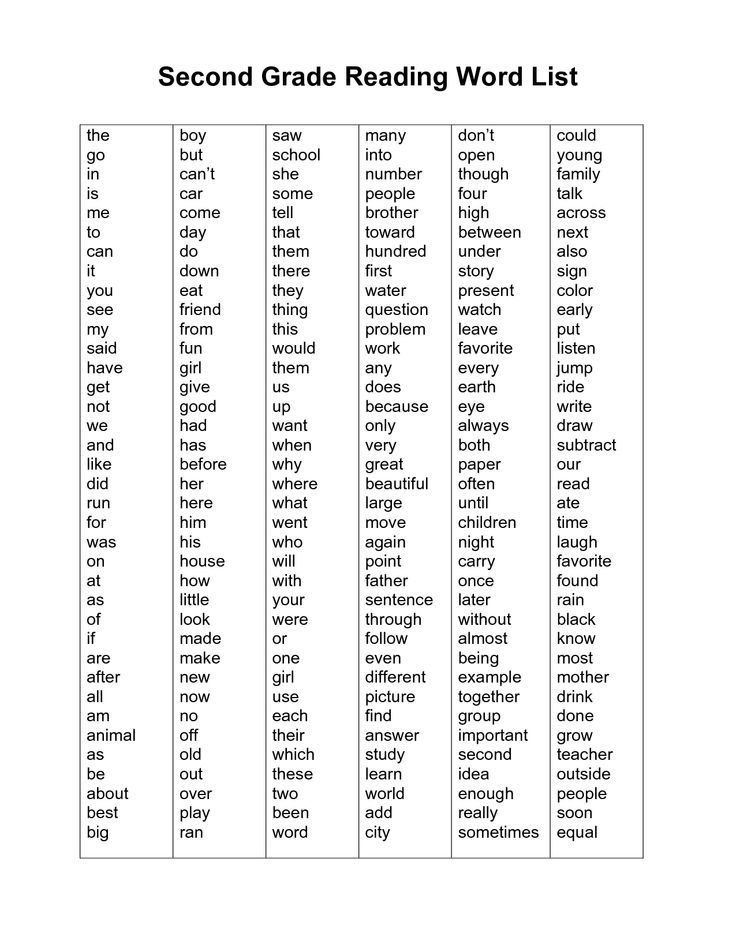
Buy Now
I have loved these easy to use posters to share with students in my classroom.
Students have been referencing them as well!
Great Tools! -Samantha W.
Give your students plenty of practice blending and reading words with double final consonants with these best-selling blend and read double final consonant worksheets!
Blend and Read – Words with Double Final Consonants
$1.50
Oh, double consonants! Do your students struggle to blend word with double consonants and therefore read words with double consonants? These blend & read double consonant worksheets are exactly what you and your students need to start reading words with double consonants fluently! By practicing blending and reading double consonants in a consistent and systematic way, your students will be blending reading words with double consonants independently in no time!
Buy Now
This was perfect for extra practice with double consonants. I love the dots under each sound for students to touch as they blend and read each word. -Resource Resources by Miss M
I love the dots under each sound for students to touch as they blend and read each word. -Resource Resources by Miss M
Digital Resources
As so many teachers and students are finally heading back to school in person, remember that digital resources are NOT confined to virtual learning.
Boom cards are an amazing way to incorporate centers, 1-on-1 practice, small group practice, and even homework into your in-person learning. (Read more about Boom Cards here.)
I have three different sets of Boom Cards for double final consonants.
Here, students practice blending and reading words with double final consonants.
In this set, students practice building words with double final consonants.
I LOVE these Boom Cards because it requires students to read words with double final consonants in the context of a sentence.
These three resources are meant to provide the ultimate double final consonant instruction and practice when used together.
Want to try the Boom Cards?
Click here for a PLAYABLE preview of ALL the Double Final Consonant Boom Cards!
Psst…You can get ALL three sets of double final consonant Boom cards in this money-saving bundle!
Double Final Consonants Boom Cards™ MEGA BUNDLE
$3.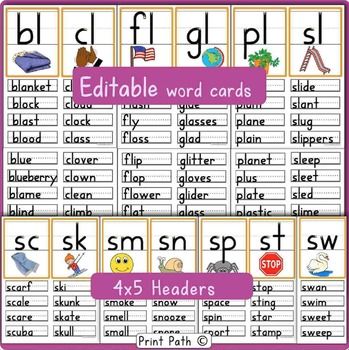 20
20
From starting to blend words with Double Final Consonants…to reading them in the context of a sentence…to writing them…this ultimate Double Final Consonants Words Boom Card bundle has everything you need for Double Final Consonants word mastery in person or online!
Buy Now
Love these BOOM cards. Great review for my students. They enjoy practicing with these. Thank you! -Joleen J.
Free Double Final Consonant Word List
Would you like a list of decodable words with double final consonants to help you in your double final consonant lessons and practice?
Enter your email below and download it right away!
How do you teach double final consonants? Do you have any tips or tricks to share? Share them with us in the comments below! 👇🏼
Spelling Words with Double Consonants
by Yen Cabag | 4 comments
Many words that end with a consonant (a letter that isn’t a vowel) require that the ending consonant be doubled when you add a suffix to them.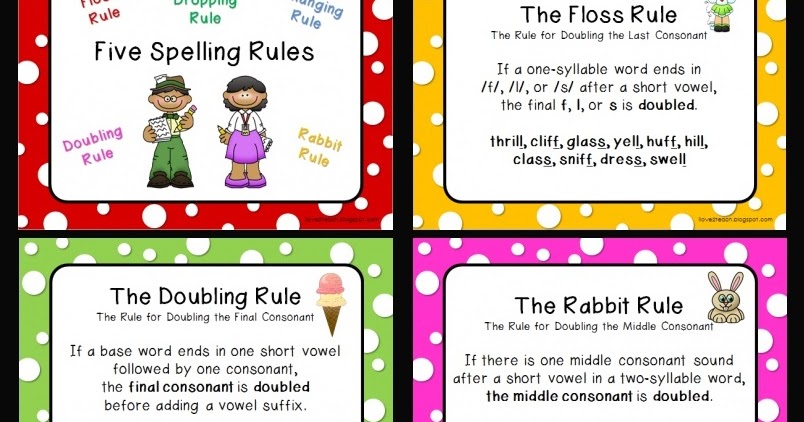
These suffixes can include –ed to form the past tense, –ing to form the present progressive tense, or –er and –est to denote comparison.
For example, “She slapped the mosquito.”
The word “slapped” is pronounced as one syllable, “slapt,” but it’s spelled like it has two syllables. The same principle applies to the word “spelled” and many others.
Do’s and Don’ts for Spelling Words with Double ConsonantsHowever, not all consonants are doubled when we add these suffixes, so you need to learn the rules for spelling words with double consonants.
When you attach a suffix to CVC words, DO double the ending consonants.Three-letter words that follow the Consonant – Vowel – Consonant (CVC) pattern always have their last consonant doubled when you add a suffix. For example:
- sip – sipped – sipping
- cap – capped – capping
- tap – tapped – tapping
- pot – potted – potting
- dip – dipped – dipping
- sit – sitting
- rob – robbing – robbed – robber
This rule also includes four-letter words that begin with blended consonants, such as pl-, sl– sh-, cl-, and bl-, among others.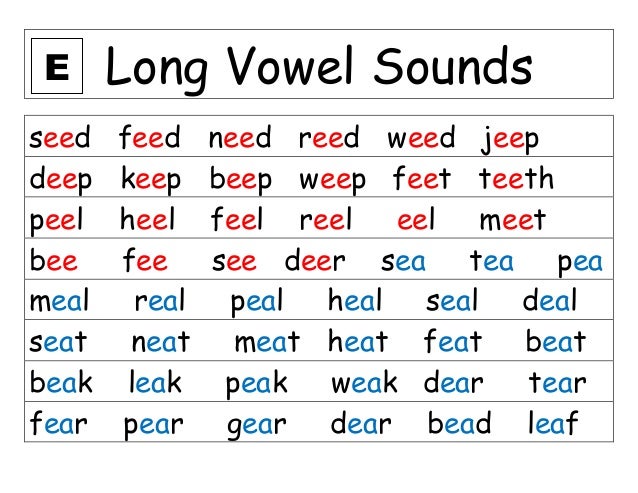 For example:
For example:
- slip – slipped – slipping
- drop – dropped – dropping
- crop – cropped – cropping
- clip – clipped – clipping
- clop – clopped – clopping
- stop – stopped – stopping
- grab – grabbed – grabbing
For words with more than one syllable, the key to remember is whether the last syllable is stressed or not. If the stress falls on the last syllable, double the consonant; otherwise, keep it single.
For example:
begin – beginning
The word “begin” is stressed in the last syllable; therefore you have to double the letter “n” before you add -ing.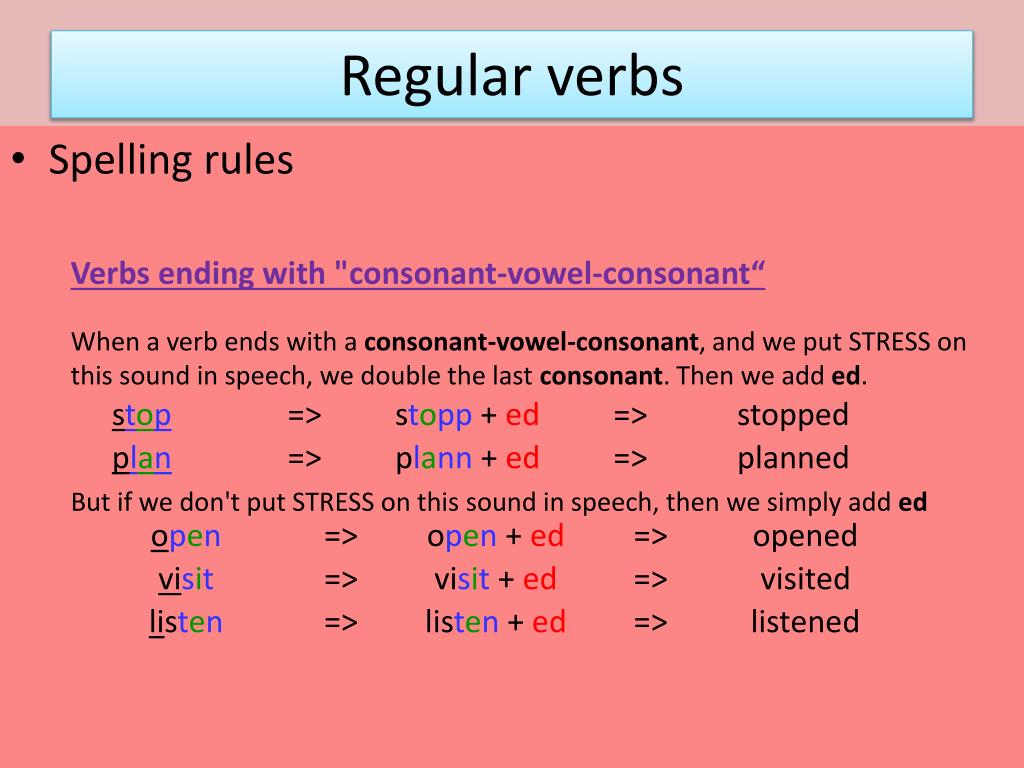
How about for the word “visit”? The stress falls on the first syllable. This means we do not double the letter “t,” and instead, we spell it as “visited” or “visiting.”
Other examples include:
Unstressed last syllable:
- happen – happened – happening
- listen – listened – listening
- moisten – moistened – moisening
- render – rendered – rendering
Stressed last syllable:
- compel – compelled – compelling
- dispel – dispelled – dispelling
- embed – embedded – embedding
- repel – repelled – repelling
- admit – admitted – admitting
Despite this rule, though, you need to familiarize yourself with many words, because there are quite a few exceptions to this rule, such as the word “cancel.” Cancelled and canceled are both accepted (Americans prefer canceled, while most of the rest of the world prefers cancelled).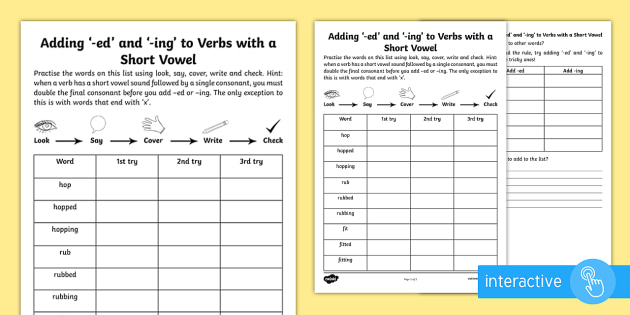
Based on this rule, the following words, since they end in two vowels and a consonant, do not require double consonants:
- conceal – concealed
- reveal – revealed
- unveil – unveiled
In English, a vowel sound can be short or long. For example, for the letter “a,” the short sound occurs in the word “mat,” while the long “a” sound occurs in “mate.”
Words with two syllables that feature a short vowel sound in the first syllable typically have a double consonant following it. This actually functions as a way to “protect” the short vowel sound. For example, the word “apple” contains two “p’s” and helps you determine that the word uses a short “a” sound. If it were spelled “aple,” it would be pronounced with a long “a” sound.
Examples of words that follow this rule are:
- matter
- batter
- butter
- bitter
- Polly
- dinner
- cottage
- drizzle
- rubber
- muffin
- coffin

If a two-syllable word has a long vowel sound in the first syllable, we don’t double the middle consonant. For example:
- spider
- minor
- bugle
- tuba
If a word ends in a consonant blend, such as –ng, –nk, –st, do not double the last consonant.
For example:
- link – linked – linking
- milk – milked – milking
- post – posted – posting
- jump – jumped – jumping
- form – formed – forming
- bond – bonded – bonding
- park – parked – parking
Check your spelling skills with this free Spelling Words with Double Consonants PDF Quiz by circling the correct spelling of the words in brackets.
- Did you hear what [happenned / happened] during Ira’s birthday party?
- He quickly [formmed / formed] his opinion of Lady Margaret.
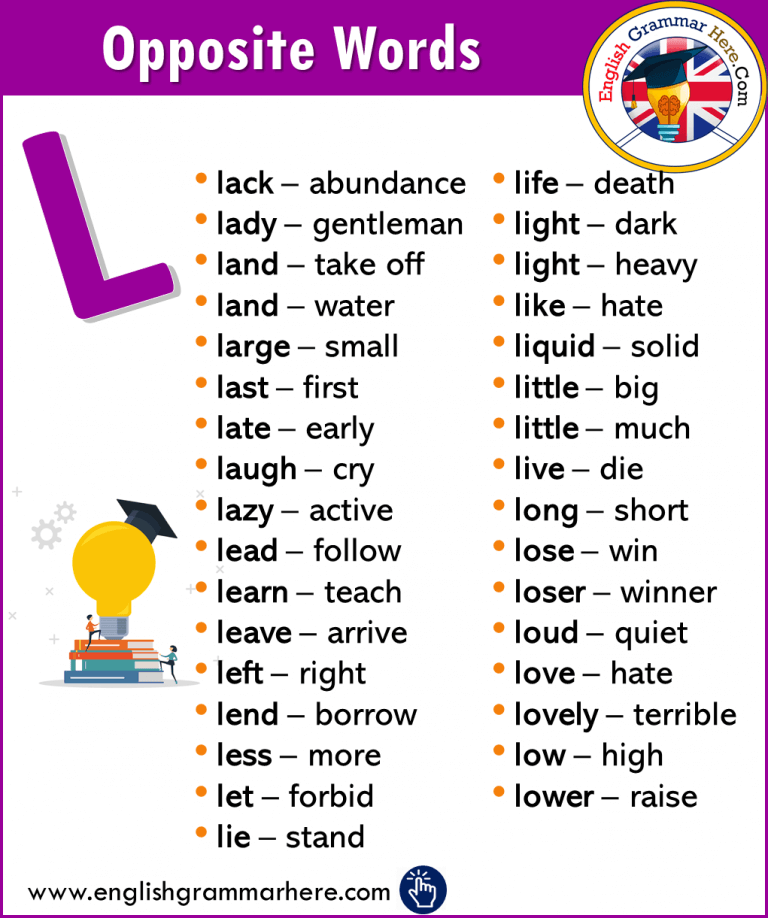
- The father and son [bonded / bondded] over ice cream.
- The [cotage / cottage] looks very inviting.
- The government [compeled / compelled] everyone to be listed in the national ID system.
- Weren’t you [listening / listenning]?
- The three-year-old painstakingly [arranged / aranged] his toys on the shelf.
- The young mother wanted her children to appreciate their [differences / diferences].
- She’s [ridden / riden] a horse before, hasn’t she?
- “The three little kittens, they lost their [mitens / mittens], and they began to cry.”
- “[Rabbi / Rabi], did you call me?” he asked eagerly.
- “No, I don’t like spiders,” she said with a [shuder / shudder].
- The quick brown fox [jumped / jumpped] over the lazy dog.
- Do you like [aples / apples]?
- The [rabit / rabbit] nibbles on a carrot.
- Did you hear what happened during Ira’s birthday party?
- He quickly formed his opinion of Lady Margaret.
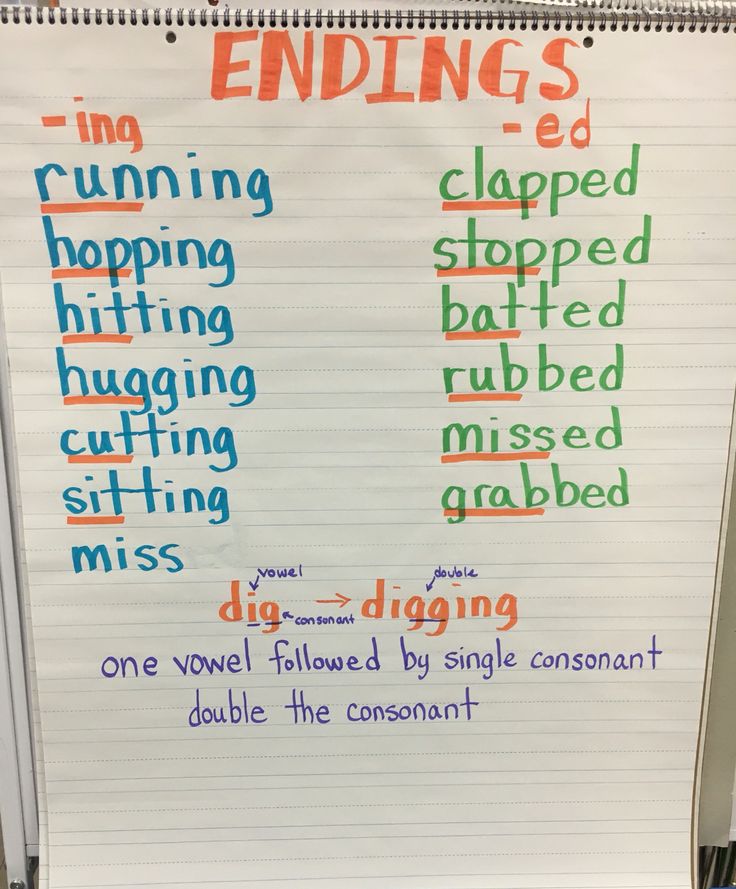
- The father and son bonded over ice cream.
- The cottage looks very inviting.
- The government compelled everyone to be listed in the national ID system.
- Weren’t you listening?
- The three-year-old painstakingly arranged his toys on the shelf.
- The young mother wanted her children to appreciate their differences.
- She’s ridden a horse before, hasn’t she?
- “The three little kittens, they lost their mittens, and they began to cry.”
- “Rabbi, did you call me?” he asked eagerly.
- “No, I don’t like spiders,” she said with a shudder.
- The quick brown fox jumped over the lazy dog.
- Do you like apples?
- The rabbit nibbles on a carrot.
Spelling rules are important to memorize if you want to avoid embarrassing mistakes.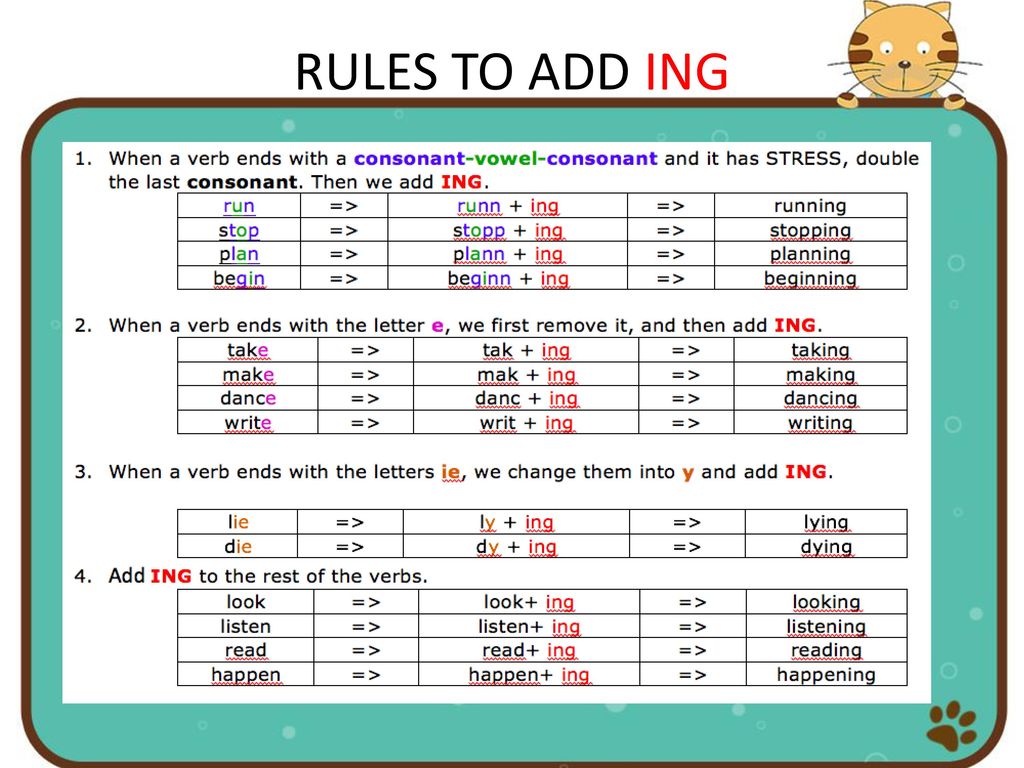 Another way to improve your spelling is to look for new words frequently and visualize them in your mind’s eye.
Another way to improve your spelling is to look for new words frequently and visualize them in your mind’s eye.
If you haven’t done this before, take an unfamiliar word, look at it for some time, then close your eyes and try to visualize the word. Do this with as many words as you need, and you will soon find that you can almost instinctively tell when a spelling looks “off.”
Did you find this post helpful? Let us know in the comments below!
If you enjoyed this post, then you might also like:
- Open and Closed Compound Words: Common Examples and Rules for Spelling
- How to Study for a Spelling Test: 8 Tips for Better Results
- American vs. British Spelling: Orthography and Alternate Spellings of Common Words
- How to Spell Better Using the Secrets of Spelling Bee Winners
Yen Cabag
Yen Cabag is the Blog Writer of TCK Publishing. She is also a homeschooling mom, family coach, and speaker for the Charlotte Mason method, an educational philosophy that places great emphasis on classic literature and the masterpieces in art and music.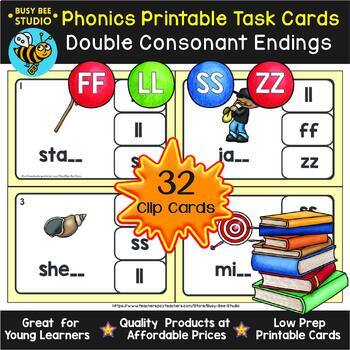 She has also written several books, both fiction and nonfiction. Her passion is to see the next generation of children become lovers of reading and learning in the midst of short attention spans.
She has also written several books, both fiction and nonfiction. Her passion is to see the next generation of children become lovers of reading and learning in the midst of short attention spans.
37 simple words with double consonants (or not), in which even literate people make mistakes
There are two problems with double consonants: we either double them where we don’t need to, or we completely forget to do it. It's hard to figure out which is which. Only if you don't have super memory. Gallery or gallery, cappuccino or cappuccino, banner or banner - now you will learn how to write these insidious words.
Correct: x number
An adjective that was born from one letter. Literally! "Ennoe" comes from the Latin N (en!), Means "some, some, indefinite." For example, nth amount of time, nth amount, nth number. And it is always written with two "H".
Correct: art gallery
Mindfulness test. We decided to complicate and give a couple of words at once - with errors in each. Let's start with the gallery. In French, "gallery" is written with one "l" (galerie), in Italian and English - with two (galleria and gallery). Try to figure it out! The word came to us from France. Therefore, in the Russian language, "gallery", despite the intrigues of the Italians and the British, took root with one letter "L".
Let's start with the gallery. In French, "gallery" is written with one "l" (galerie), in Italian and English - with two (galleria and gallery). Try to figure it out! The word came to us from France. Therefore, in the Russian language, "gallery", despite the intrigues of the Italians and the British, took root with one letter "L".
As for "art", this is a classic dictionary word: the root of "arts" and a modest ending in the form of the letter "O". It is impossible to check, all hope is in memory. And do not confuse "art" with the adjective "skillful" - in modern Russian, these words are not considered to have the same root. Therefore, the number of consonants is different.
Correct: cappuccino, glaze
The pain of coffee lovers. The coffee drink "glace" with a scoop of ice cream on top came to us from the French language (glace), where there are no doublings. With fellow "cappuccino", a native of Italy (cappuccino), everything is not so simple. The Italians not only rewarded him with luxurious milk foam, but also generously sprinkled him with consonants that did not reach the Russian language.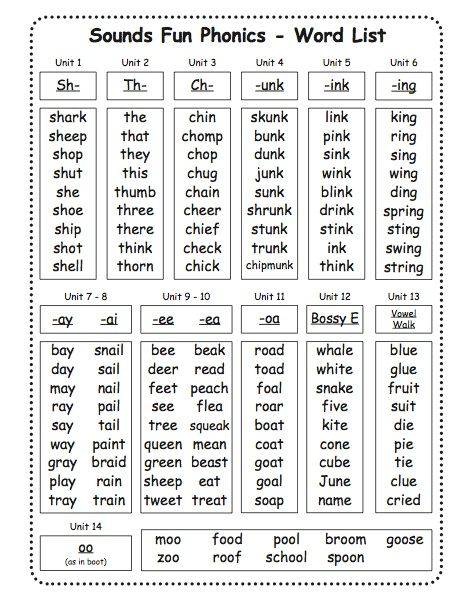 Well, if you are a latte lover - continue to quietly double the "T". In this word it is possible.
Well, if you are a latte lover - continue to quietly double the "T". In this word it is possible.
Correct: hummus
You come to a trendy place, and “hummus”, an oriental snack, aggressively jumps out at you from the menu. The dish is based on chickpea paste with the addition of sesame seeds. In general, it is delicious, if you do not pay attention to the mistake that the English equivalent of hummus provokes. In Russian, doubling did not take root.
Correct: zucchini
Zucchini is a variety of zucchini, only usually smaller in size, and its skin is darker. Both of these "guys" belong to the gourd family, and there are no double consonants in their name, even if the original language (from Italian zucchini) is misleading.
Correct: ice cream, cake
"Ice cream" is not only the best dessert at any time of the year, but also a noun formed from the imperfective verb "freeze". According to the rules, in such cases, the consonant is not doubled. A double "H" appears if the verb "freeze" turns into an adjective with dependent words or into a participle. For example, "frozen dessert".
A double "H" appears if the verb "freeze" turns into an adjective with dependent words or into a participle. For example, "frozen dessert".
There is another problem with "cake". For some reason, many people think that this is the twin of "ice cream", and they write it the same way - "cake" (395,000 results on Google). In fact, the word is formed from the adjective "cake", and then, in turn, from the noun "pie". There is no letter "e" in the base and cannot be.
Correct: metal, aluminum
Heavy metals on the horizon. Or metals? The conversation turns to the direction in music - we write "metal". You express your attitude to substances and alloys - we write "metal". The noun comes from the Latin metallum ("mine", "mine") and refers to dictionary words. Aluminum is one of the metals, chemical elements. If you remember the periodic table, then there he is known under the code name Al. It comes from the Latin word alumen, it is considered a dictionary word, so you just need to memorize it too.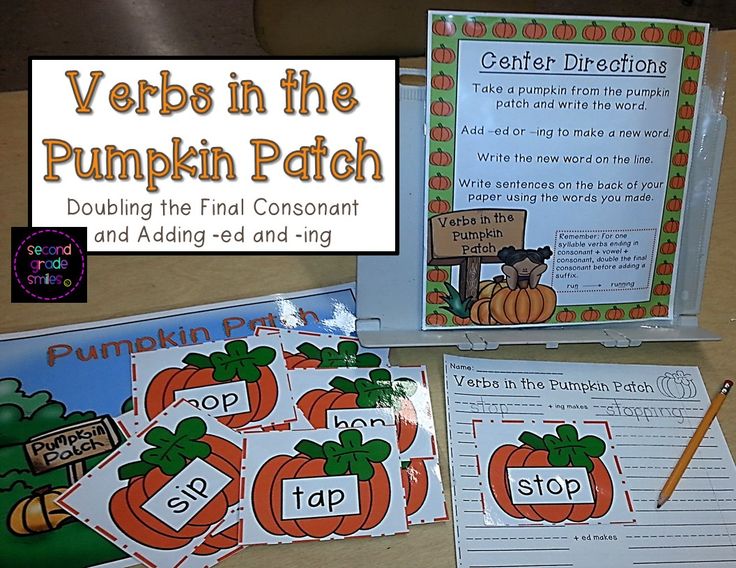
Correct: appeal
In the Mel world, an appeal is a challenge to exam results. It will be correct to appeal with two "L" (and without prepositions between the verb and the noun). If you need to say that we are applying for something specific, then the pretext “on” appears: to file an appeal against the result of the Unified State Examination in English.
Correct: alligator, hippopotamus
Creepy animals, but if you suddenly have to write, you should be prepared. An alligator (from the English alligator) is a type of crocodiles that are mainly found in America and South China. Hippopotamus (from Greek hippopotámios) is a synonym for hippopotamus. So do not try to say for the sake of a beautiful word - it's still the same thing.
Correct: dealer
A dealer can be confused with a killer. Well, yes: both refer to borrowed words, and the spelling rules are determined by the dictionary. Nothing more in common.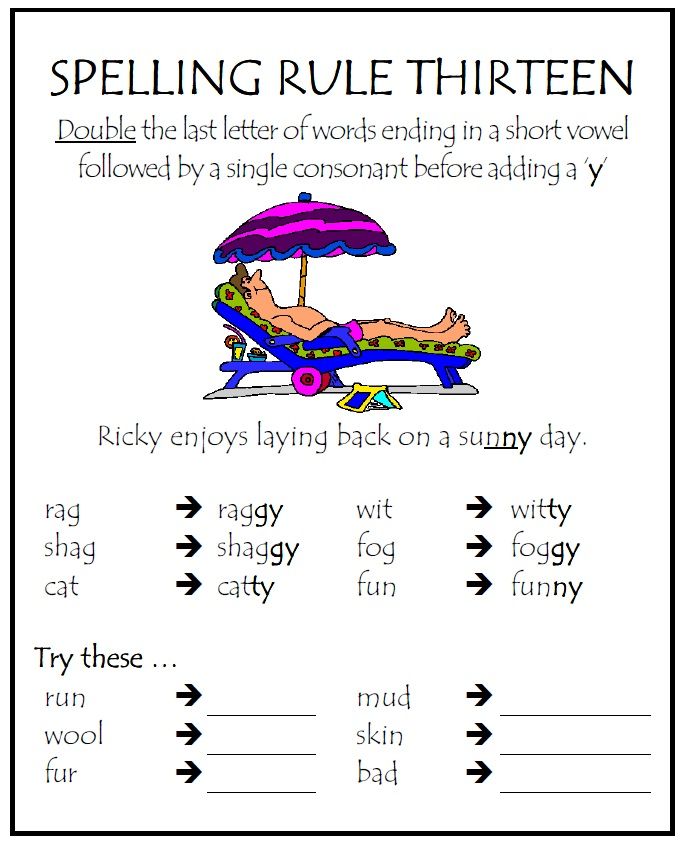 With the word "dealer", everything is clear in principle: it came from the English word dealer, in translation it means "trader". No double consonants. And don't think too much!
With the word "dealer", everything is clear in principle: it came from the English word dealer, in translation it means "trader". No double consonants. And don't think too much!
Correct: terrorist attack
The word “terrorist attack” is an abbreviation for the phrase “terrorist act”. Only, unlike the nouns "terrorism" or "terror", double consonants are not needed in it. According to the rules, when abbreviating words containing a double consonant, only one is preserved - in our case, the letter "P". More examples: special correspondent (special correspondent), grupkom (group committee).
Correct: terrace
The word "terrace" is of French origin, where it has two pairs of doubled consonants at once - terrasse. Only the double "R" reached the Russian language. Although there is an opinion among sofa experts that “terrace” and “terrace” are equal options. But you don't believe them.
Correct: asymmetry
An interesting Google statistic: there are 496,000 results for "asymmetry" with two C's.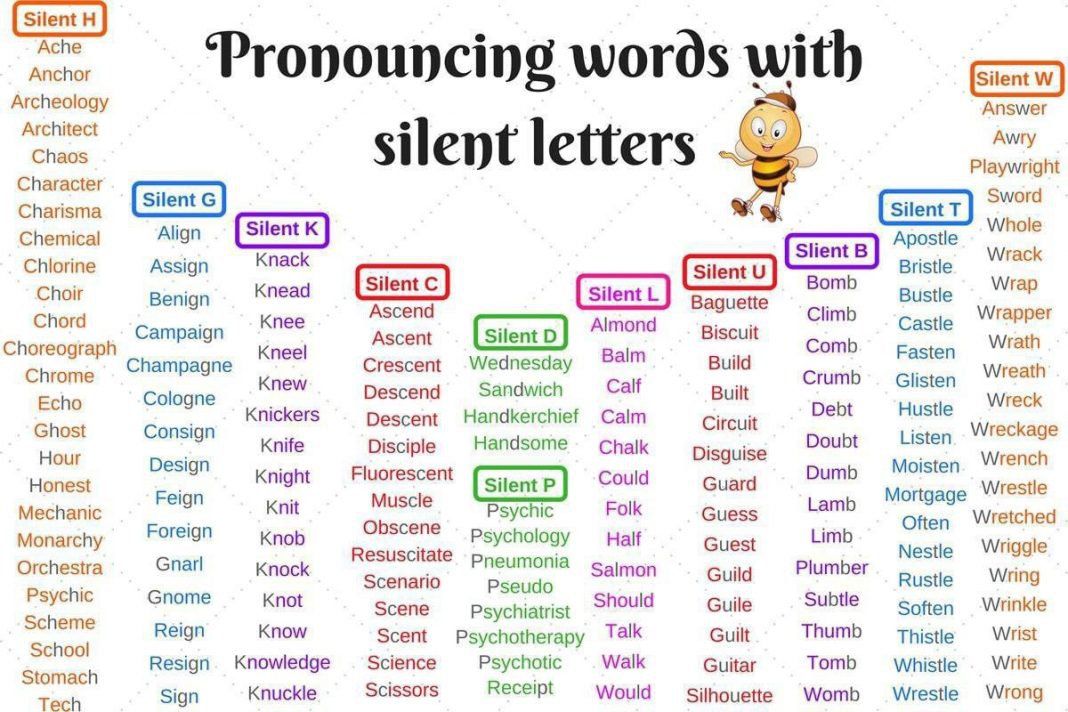 And this is a mistake. Fortunately, there are more results for the competent query "asymmetry" with two "M": more than two million. At the same time, remember the difference between the paired words symmetry and asymmetry - this is not only a negative prefix "a", but also an accent.
And this is a mistake. Fortunately, there are more results for the competent query "asymmetry" with two "M": more than two million. At the same time, remember the difference between the paired words symmetry and asymmetry - this is not only a negative prefix "a", but also an accent.
Correct: shopping
Today, few people go shopping. Everyone is shopping! In English, the word is written with a double consonant - shopping. Here it is important to remember the spelling rule for foreign words: if there is a single-root word, then we write with one consonant. We check with the word "shop" (for example: shop tour).
Correct: offshore, traffic
The Russian language is merciless to all anglicisms that try to impose a double consonant on it. Traffic, office, offline, offshore - for the Russian language, the loss of a consonant is typical for borrowings. Although in some places the outdated spelling with two “Ф” is still common (you can ask Google - it will confirm), the modern spelling norm is traffic, office, offline, offshore.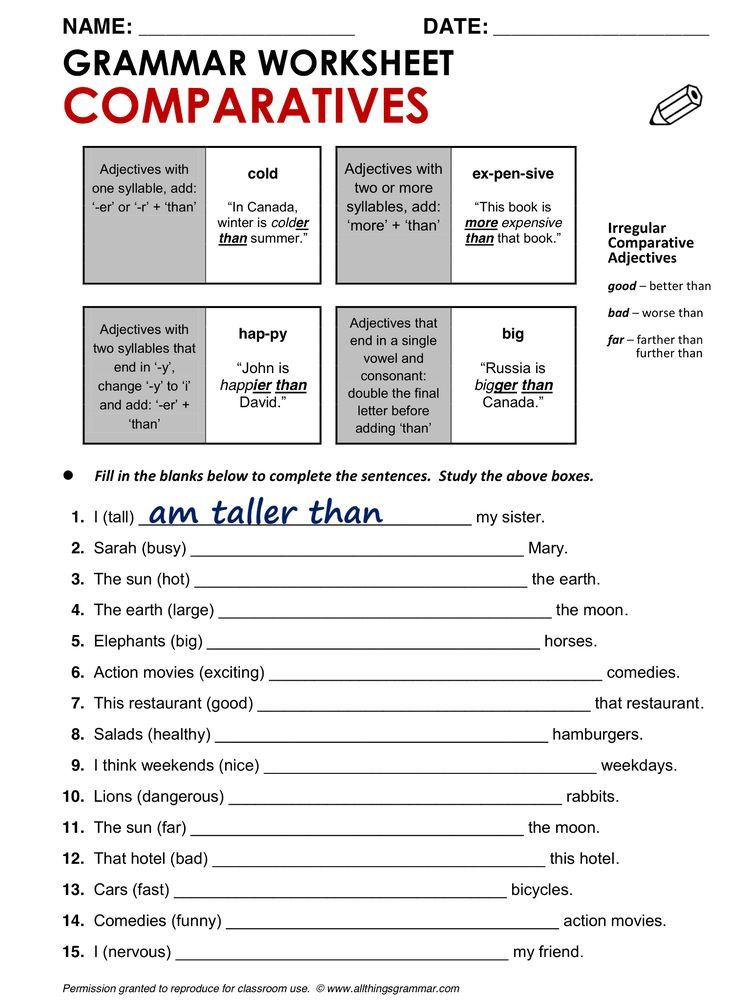
Correct: Maslenitsa
The name of the winter pancake holiday Shrovetide is written with one “n”, since it is formed from the adjective “oily” with the suffix “-en”. And now the trick: if you add a prefix to "buttered", the number of "n" doubles sharply: oiled, oiled, oiled. It's called word formation, folks!
Correct: birthday girl
Birthday is a sad holiday (especially when you are congratulated “happy birthday”). In order not to make a mistake in writing the words "birthday boy" and "birthday girl", you need to at least mentally do a morphemic analysis of the word (the second time came in handy!). The root is "im", the interfix is "en", the suffix is "in", another suffix is "nits" and the ending is "a". At the junction of two suffixes we write a double "n".
Correct: a blogger on Instagram
Everyone was mistaken in this word when the first bloggers appeared en masse in Runet. Times have changed, and Mel's blogs have changed LiveJournal.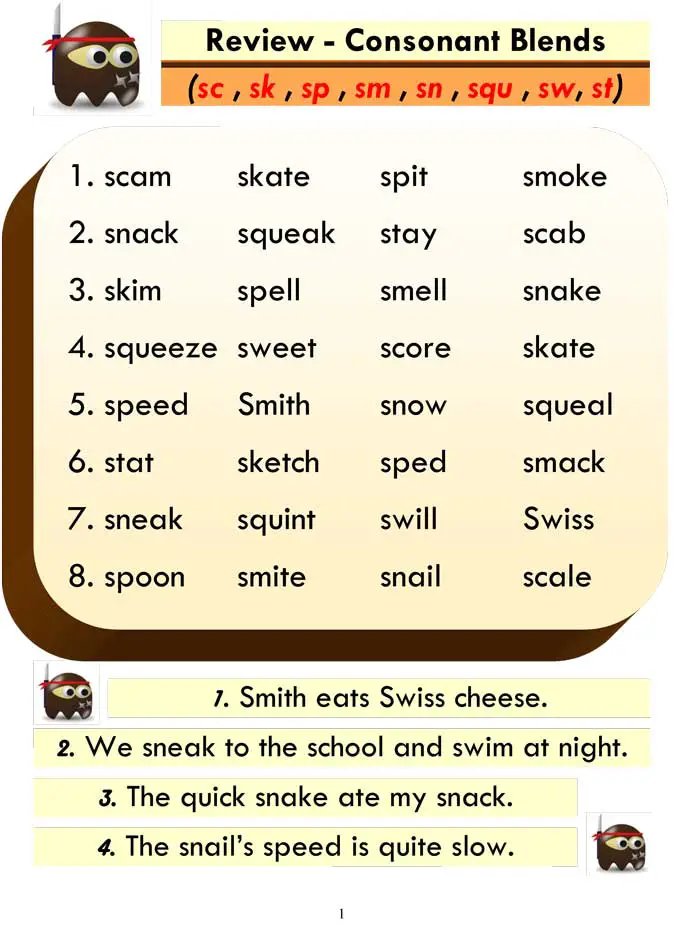 Foreign words are characterized by doubling the root consonant before the suffix — blog => blogger. In Russian, the practice is different, and doublings are not saved - blog => blogger. Social networks have been written about many times. See how their names are spelled in the original: Instagram, Telegram - do you see the doubling? This means that they are not needed in the Russian analogue either.
Foreign words are characterized by doubling the root consonant before the suffix — blog => blogger. In Russian, the practice is different, and doublings are not saved - blog => blogger. Social networks have been written about many times. See how their names are spelled in the original: Instagram, Telegram - do you see the doubling? This means that they are not needed in the Russian analogue either.
Correct: bulletin
French words are the most tongue-tied, they are written too tricky in Russian. Here, for example, a voting sheet with the names of candidates is a ballot (from the French bulletin). It is impossible to check the word in the best traditions of dictionary words, so we just remember.
Correct: grammar
Literacy and grammar are distant relatives. Words differ in spelling and meaning, but at the same time they have very similar origins. Literacy (from Greek grammata) means the ability to read and write. And grammar (from the Greek grammatike) is a set of rules about word formation, morphology and syntax of a language.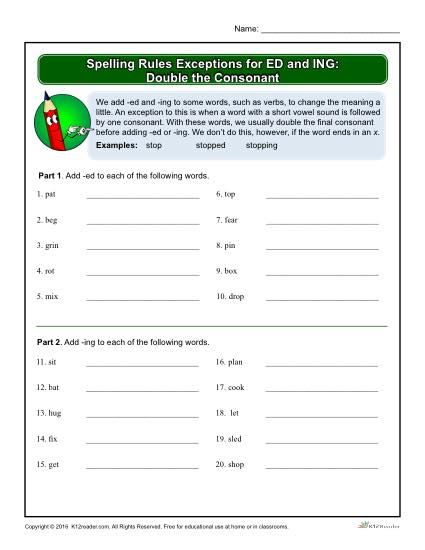
Correct: calories, fitness
Vocabulary familiar to gym goers and lovers of healthy eating. Although even people who count calories automatically double the letter "L". Let's turn to etymology again: the word "calorie" came from the French language ("calorie") and more or less retained the original spelling. With "fitness" etymology does not help much: in the English word fitness there are really two "C" at the end, one of which was lost during the transition to the dictionaries of the great and mighty.
Correct: banner ads
They say that frequent Internet users, like you and me, have developed “banner blindness”. We do not see advertising banners on the sides, in the header or inside the texts on the site. Banner - anglicism (banner). This time, the Russian language did not fine anyone, and the double "H" was preserved.
Correct: length
That's right: long, but length. In order not to be mistaken, remember what part of speech is in front of you.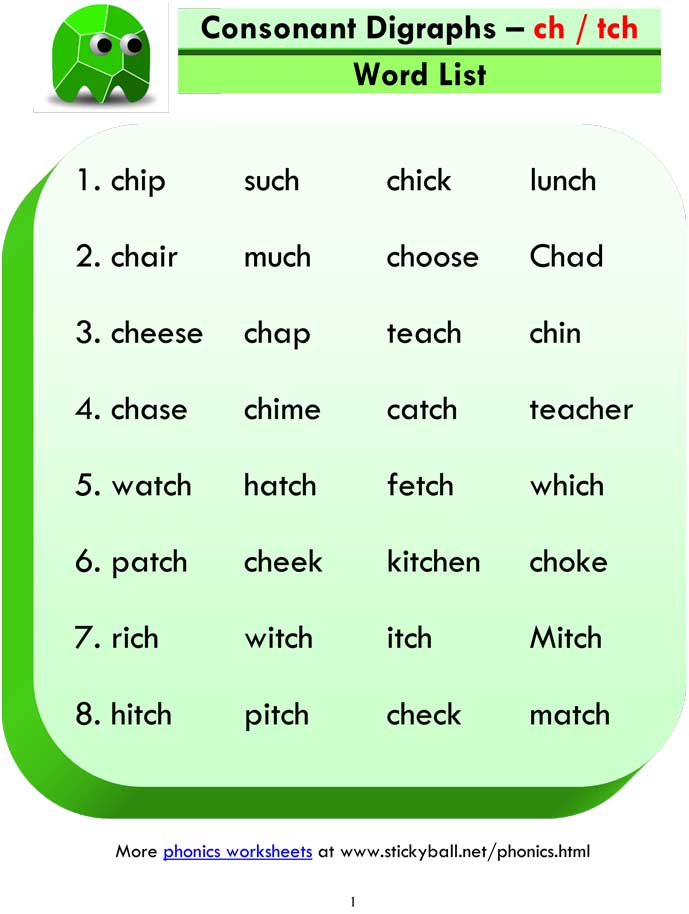 If the noun is “length”, if you turn the noun into an adjective, add plus one “H” (“long”).
If the noun is “length”, if you turn the noun into an adjective, add plus one “H” (“long”).
Correct: crystal clear
Usually, in words that are formed from stems ending in two identical consonants, doubling is preserved. The program is program, the class is class, the score is a point system, the group is group. But there are unexpected exceptions to the rule: crystal - crystal, column - column, Finn - Finnish. If in doubt - do not be too lazy to check yourself in a dictionary (or google).
Correct: he acted confidently
Be more confident - write the word "confident" with two "H". According to the rule, double "H" is written in adverbs with "-O" and in nouns with suffixes in "-ik", "-its", "-ost", formed from adjectives, if they are also written with two "H". It sounds complicated, but with examples it should become easier: confident, confident, inadvertently, captive, pupil, excitement.
Correct: immunodeficiency
Compound word consisting of two parts: immunity and deficiency.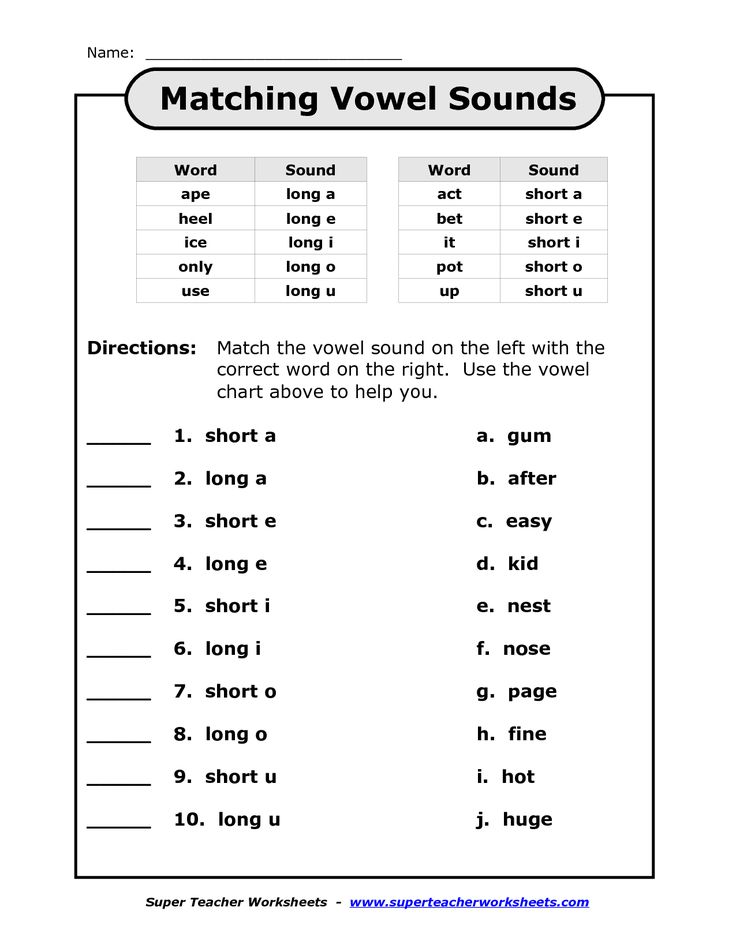 All letters are preserved in their original form when connected. Immunodeficiency is a disease that manifests itself in the weakening or complete absence of immunity. So so story!
All letters are preserved in their original form when connected. Immunodeficiency is a disease that manifests itself in the weakening or complete absence of immunity. So so story!
Correct: smoked sausage, dried fish
A couple of years ago, a subtle linguistic joke spread on the Internet:
“Look, we are frying potatoes. It turns out we have "fried potatoes", with one "H". Another case: we fry potatoes and decided to add mushrooms to it for taste. Then we have a dependent word, and we get "fried potatoes with mushrooms", with two "H". Everything seems to be logical. Or maybe the case when we fried potatoes, put them on a plate and decided to add mushrooms. It turns out "fried potatoes with mushrooms", again one "N". You see, it all depends on when you added the mushrooms.”
Joking, but it's true! The spelling of "Н" and "НН" depends on the role of the word - a verbal adjective (one letter "Н") or participle (two letters "Н"). In our case, the rule is as follows: with one “N”, adjectives are written, formed from passive participles of the past tense, if there is no prefix and they are not associated with verbs for
“-ovate”, “-evate”.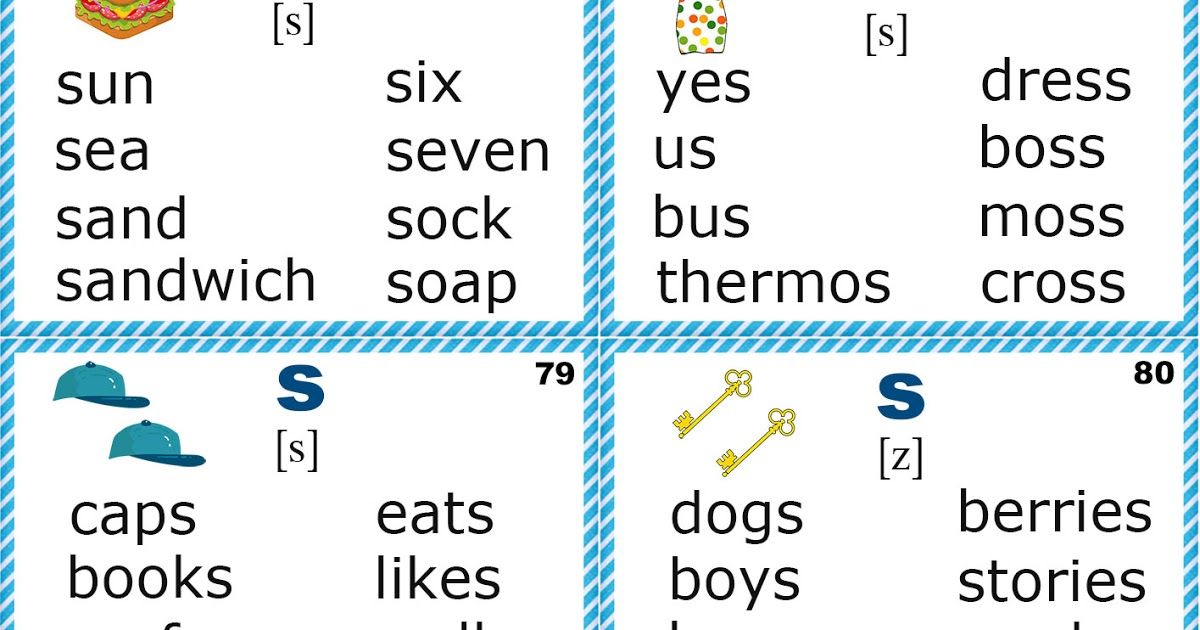 Pickled cucumbers, dried fish, smoked sausage, boiled sausages.
Pickled cucumbers, dried fish, smoked sausage, boiled sausages.
Correct: women in labor
If you are reading the news with the headline "Moscow women in childbirth will receive boxes with dowry" and want to convict "Mel" of illiteracy - in vain. A woman in labor is a woman who is about to give birth or has recently given birth. Dowry - a set of linen for a newborn. Both words are written with one "H". Do not forget about the emphasis: a woman in labor, not a woman in childbirth.
Paired consonants in words - how to check? Rules and examples
What are paired and unpaired consonants
In total, there are 36 consonants in the Russian language - they can be deaf or voiced. For example, in the word "cat" the letter t sounds muffled - notice how little voice you put into this sound. Now let's take another word - "codes". The letter d at the end sounds loudly, a voice participates in the pronunciation of this sound.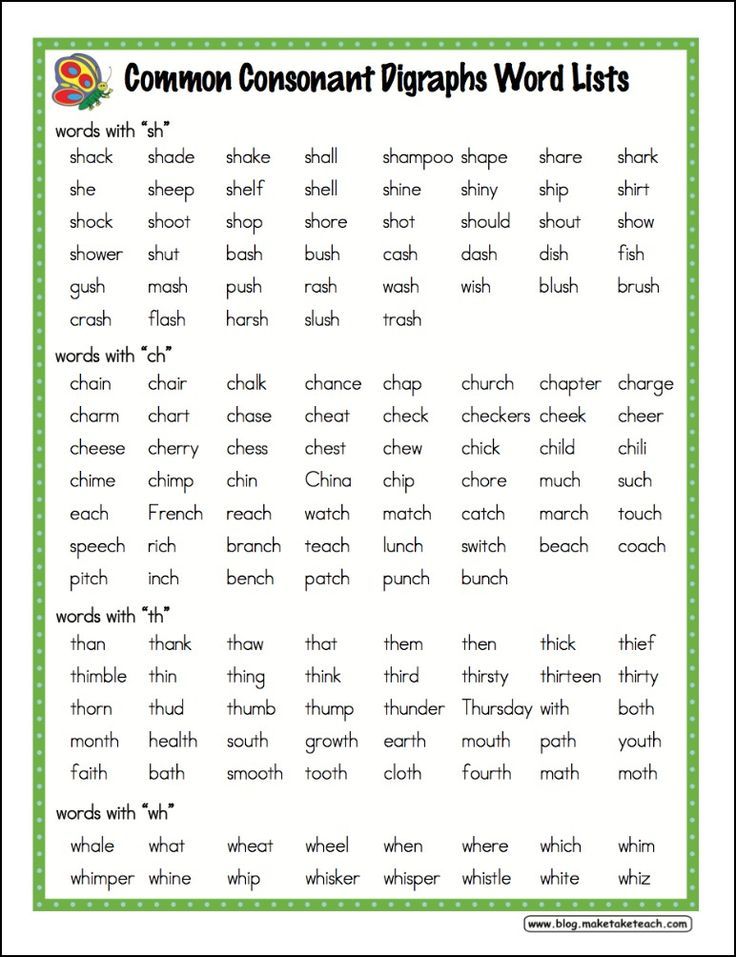 This is the difference between voiced and voiceless sounds.
This is the difference between voiced and voiceless sounds.
Sounds [l], [m], [n], [p], [d`] are only voiced, and [h], [u], [c], [x] are only deaf. The rest form pairs of deafness-voicedness. You can see them all in the table below.
| voiced | [b] | [c] | [g] | [d] | [w] | [h] |
|---|---|---|---|---|---|---|
| Silent | [p] | [f] | [k] | [t] | [w] | [s] |
Remember!
Sounds that have a deafness-voicedness or hardness-softness pair are called paired . Those who do not have such a pair - unpaired .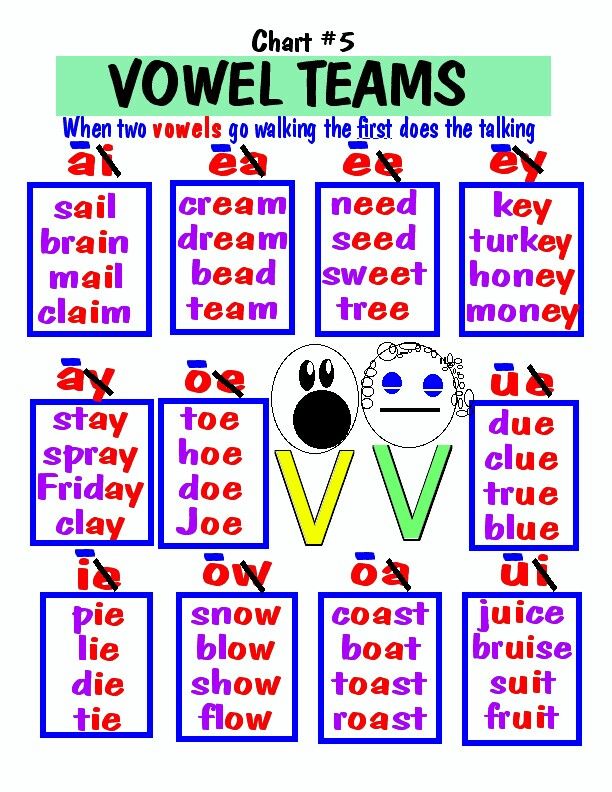
In this article we will analyze the spelling of paired voiced and voiceless consonants. We'll talk more about how they can sound at the root of a word.
Demo lesson in Russian
Take the test at the introductory lesson and find out what topics separate you from the "five" in Russian.
Stunning of paired consonants in the root of a word
Remember!
Deafness-voiced paired consonants b, c, d, e, g, h at the end of a word or in front of voiceless consonants in the middle sound muffled. This is called stun .
To make it clearer how it works, let's look at examples:
-
pond - [rod],
-
spoon - [spoon],
-
horse - [loshat`],
-
narrow - [squeaky`].
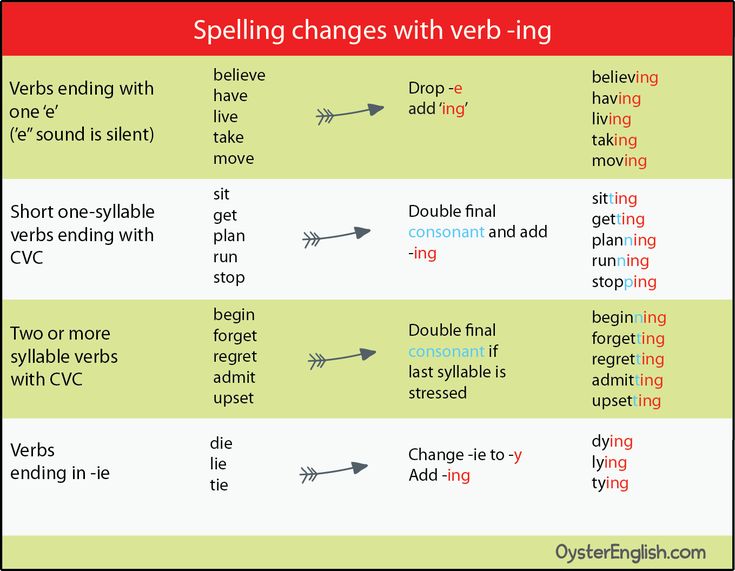
These examples show that we cannot always be sure which consonant is in the root - voiceless or voiced. These are spellings, and in such cases you need to check their spelling. How exactly - we'll figure it out a little later.
Check yourself
Read the words and choose those that can be attributed to examples of stunning a double consonant: load, louse, potato, manhole, sleigh, shop, soot, order, wire .
Voicing of paired consonants in the root of a word
Remember!
Deafness-voicedness paired consonants k, t, p, s, f, sh sound loudly when they stand before voiced sounds. This is called by voicing .
Examples:
-
request - [proz`ba],
-
give up - [hello],
-
station - [vagzal].
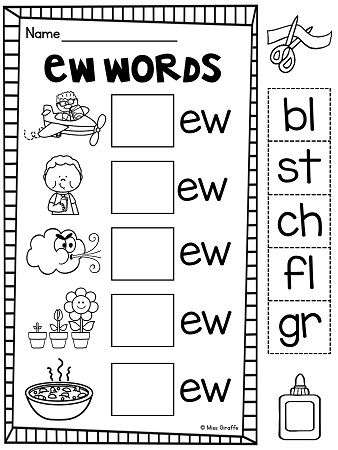
Check yourself
Read the words and choose those that can be attributed to examples of stunning paired consonants: football, frost, everything, bag, backpack, blouse, then, parachute, general .
2 ways to check words with paired consonants in the root
Now that we know all the traps of paired consonants in the root of a word, we will learn how to bypass them with examples. To do this, put the sound we want to test in a strong position. There are 2 ways to do this. Let's consider them further.
1. Substitute for the word "no"
This method works well in cases where the consonant we are interested in is at the end of the noun. For example:
2. We check with the help of a diminutive word
This method is effective when the paired consonant is in the middle or at the end of the word:
-
spoon - spoon,
-
boat - boat,
-
narrow - narrow,
-
beak - beak.
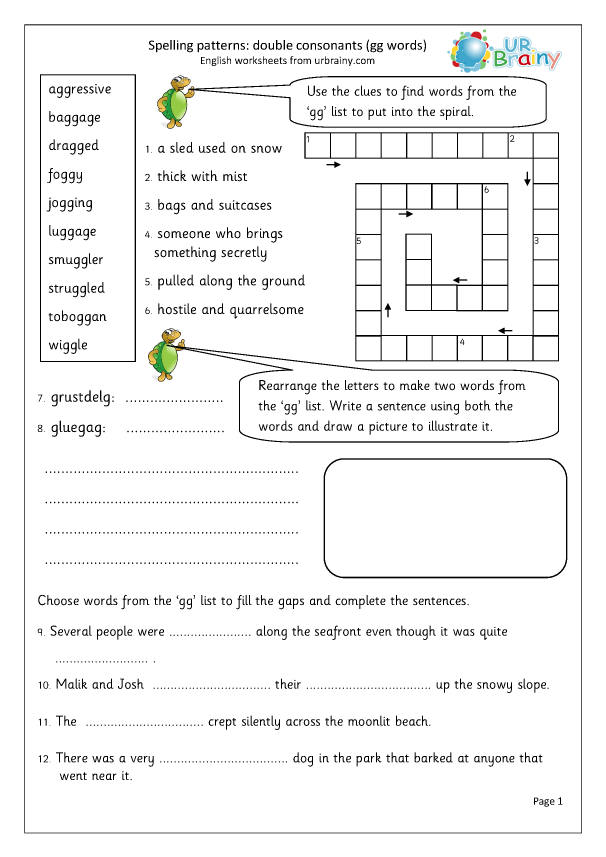
That is, in both cases, we simply change the form of the word so that after the paired consonant there is a vowel or sonorant consonant, that is, l, m, n, p, d . This is a universal way that helps to check consonants in the middle or end of any word.
Here are some more examples with different consonants.
In these examples, we see the opposite picture: in writing, the paired consonant at the root of the word is voiceless, but we pronounce it loudly. Such cases also need to be checked so as not to be mistaken.
[b] - [p]:
-
mushroom - mushrooms;
-
cork - cork;
-
forehead - frontal.
[h] - [l]:
[l] - [t]:
[w] - [w]:
-
knife - knife;
-
leg - leg;
-
track - road;
-
false - false.
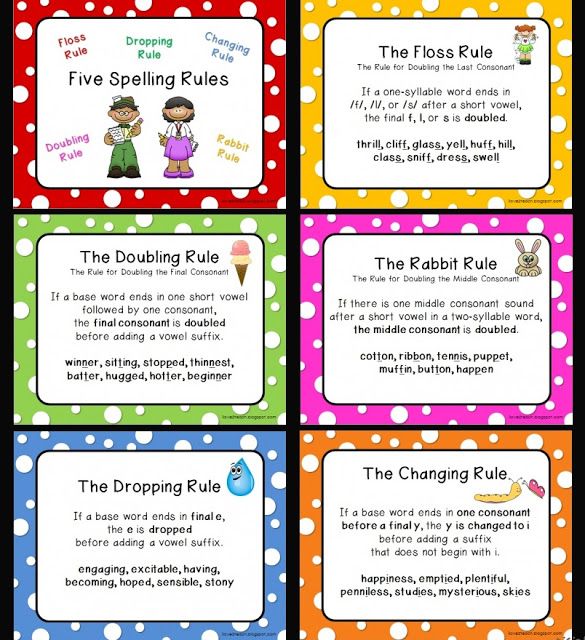
[w] - [s]:
-
bandage - tie;
-
fairy tale - fabulous;
-
pointer - indicate;
-
request - to ask;
-
knitting - knitting.
Remember!
Letters whose spelling can be checked through a root word are called checkable . Words with those that cannot be verified - unverifiable are dictionary words, you just have to remember them. For example: astronaut, station, joke, rickshaw, zigzag, station, Euphrates .
Test Yourself
Let's see if you have mastered the new topic of paired consonants at the end and middle of words. Complete the tasks below to practice the skills you learned from this article.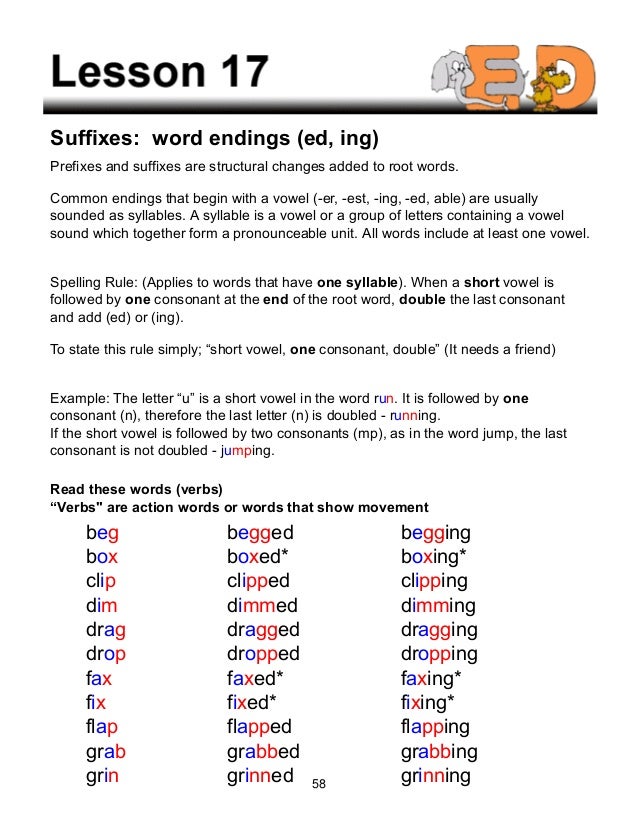
Task №1
Read the sentences below, fill in the missing letters in the words and write a test word for each of them.
-
Sadovo__ planted young seedlings.
-
Geolo__ discovered a new ore deposit.
-
The fisherman was happy with his catch.
-
A lumberjack __ felled a huge tree.
-
Snow__ wrapped the tops of the trees.
-
Earrings appeared on the branches of the bere__.
-
Sugro__ closed the exit from the hut.
Task №2
Read the words below and change them so that they end in a consonant.
Catches, chefs, lions, eyebrows, eyes, beaks, frosts, watermelons, diamonds, crops, collectives, shores, records, sickles, hammers, detachments, plants, horses, sleeves, meadows, watchmen.